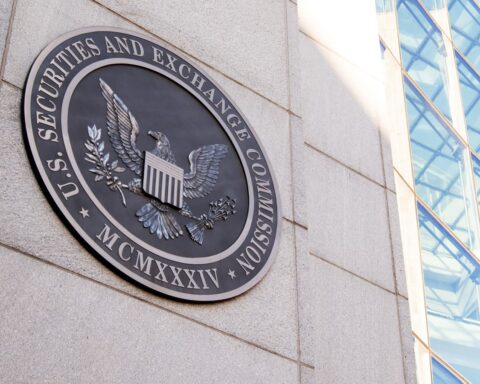Amendments to the value-added tax (VAT) regulations in the United Arab Emirates (UAE) will exempt transfers and conversions of digital assets, including cryptocurrencies.
On October 2, the UAE’s Federal Tax Authority (FTA) announced these changes to the country’s VAT rules.
According to business consultancy PwC, the new regulations also include VAT exemptions for additional services, such as managing investment funds and the transfer and conversion of virtual assets.
These exemptions will be applied retroactively from January 1, 2018, providing significant relief to businesses in the crypto space.
PwC explained that virtual assets in the UAE are defined as a “representation of value that can be digitally traded or converted and can be used for investment purposes,” but this definition excludes fiat currencies and financial securities.
The firm advised businesses involved with virtual assets to review how the exemption affects their retrospective VAT positions, particularly with regard to input tax recovery.
UAE-based bookkeeping firm Finanshels noted that input VAT recovery allows registered businesses to claim back VAT on eligible purchases related to their business activities.
PwC also mentioned that correcting historic returns may require virtual asset companies to make voluntary disclosures.
In addition to VAT exemptions, the UAE has been enhancing its regulations on virtual assets.
On September 9, Dubai’s Virtual Asset Regulatory Authority (VARA) and the Securities and Commodities Authority (SCA), the UAE’s federal financial agency, agreed to jointly supervise virtual asset service providers (VASPs).
As a result, VASPs licensed by VARA in Dubai will be automatically registered with the SCA, allowing them to operate across the wider UAE.
VARA has also tightened its rules on crypto marketing, requiring firms to include a disclaimer that “virtual assets may lose their value in full or in part and are subject to extreme volatility” in all promotional materials.




